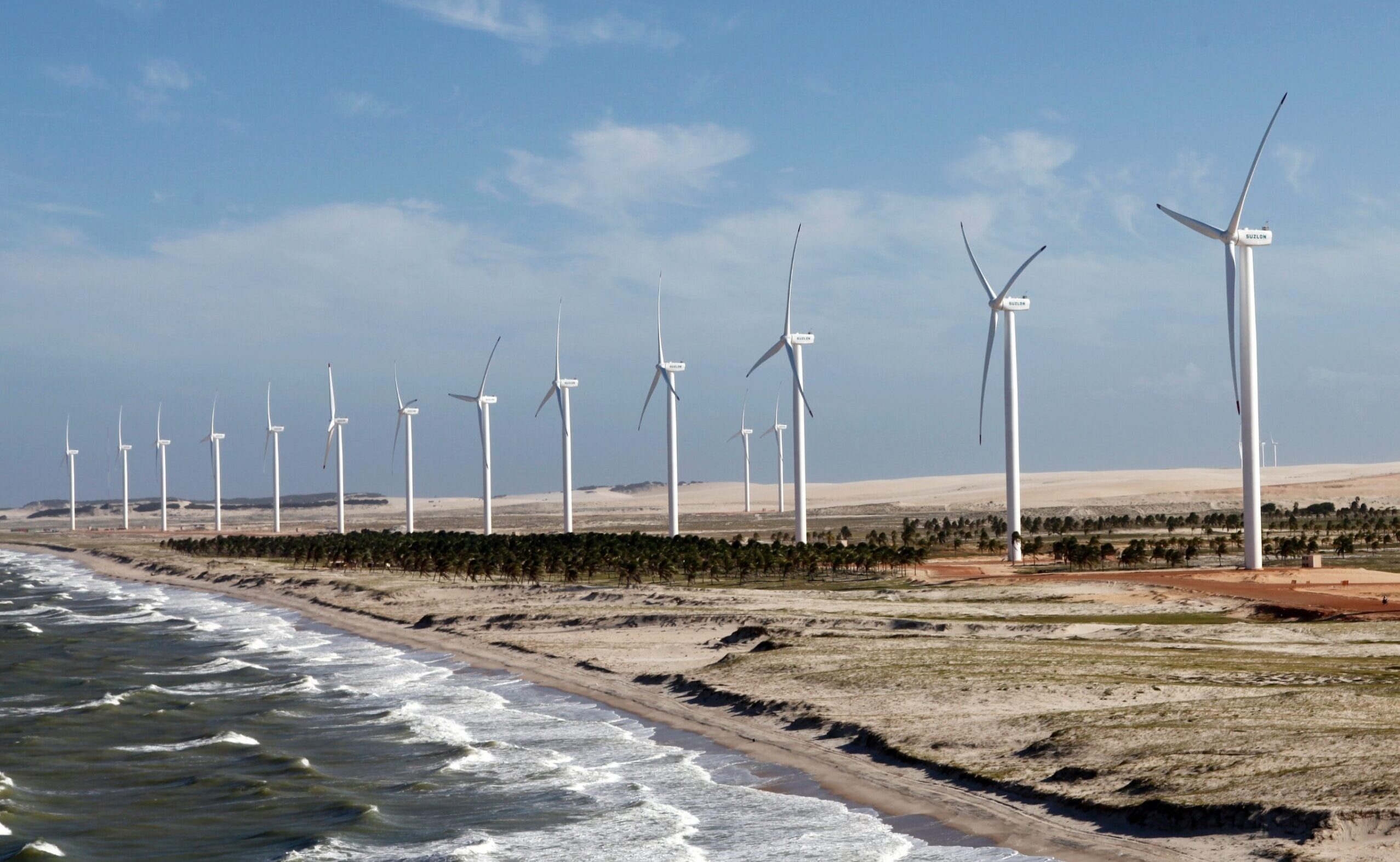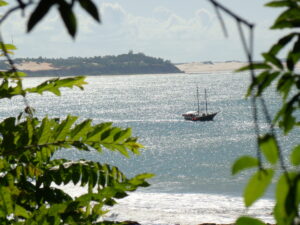The state of Rio Grande do Norte is known for its scenic lands, beautiful beaches, and cultural heritage. However, going beyond the touristic appeal, Rio Grande do Norte sustains a diverse and dynamic economy whose relevance to the national economic panorama of Brazil is outstandingly relevant. This article looks into the various sectors that drive the economy of Rio Grande do Norte: their contributions, challenges, and future prospects.
Agricultural Sector
Agriculture is one of the main stays of Rio Grande do Norte’s economy, and a majority of its population is engaged directly or indirectly in this sector. The fertile land in the state allows the cultivation of a wide range of crops that include:
- Fruits: Important fruits produced in Rio Grande do Norte are tropical in nature; some of them are melons, mangoes, and cashew nuts. Its production of melon is especially high, and most of it is exported to European countries.
- Sugarcane and Cotton: Traditional crops still play a vital role, and local as well as export requirements are met by these crops.
- Cattle Ranching: Livestock ranching, mainly of cattle, is prevalent for meat and dairy products.
Water shortages and the necessity to turn towards modernization place several challenges ahead in terms of the country’s agriculture. An aspiration towards higher productivity and resilience is now being created with the incorporation of modern irrigation technology and sustainable farming techniques.
Industry
The industrial profile of Rio Grande do Norte is varied, which includes:
- Food processing: The state’s robust agricultural production supports a robust food processing industry in the state which also comprises the processing of fruits and sugar refining.
- Textiles and Apparel: The industry has a massive base from historical times within the region with many factories producing clothes for local as well as international markets.
- Oil and Gas: The presence of petroleum reserves changed the economy of the state. The Mossoró area has developed as a major center for oil mining with innumerable wells that make a contribution to the total production of Brazil.
The industrial development is supported by the infrastructure and investment-friendly policies. Still, the industry has to be upgraded from time to time to continue at the world level.
Tourism
Tourism is one of the major economic activities within Rio Grande do Norte, benefiting from its natural beauty and cultural goods. Highlights are:
- Beaches: Ponta Negra, Genipabu, and Pipa beaches are well known worldwide for their beauty and lively environment.
- Cultural Heritage: The state capital, Natal, and other cities receive many festivals, historic sites, and museums, which are visited at any time of the year.
- Ecotourism: The state’s diversified ecosystems offer opportunities for engaging in ecologically friendly vacations, such as the one that can be accomplished from dune buggy rides, snorkeling, and sightseeing in natural reserves.
Tourism generates enormous revenue and employment but also needs to be practiced sustainably for environmental conservation and cultural values.
Renewable Energy
The state is one of the frontiers in renewable energy, especially wind and solar. It positions the state’s geographical conditions to be favorable for:
- Wind Farms: The state is a national leader in wind energy production, with numerous wind farms contributing significantly to Brazil’s renewable energy matrix.
- Solar Energy: Investment in solar power is growing, with several large-scale projects in development.
With this, the renewable energy industry does look promising at the state of the environment and economy, positioning Rio Grande do Norte as an important part of Brazil’s transition into sustainable energy sources.
Services Sector
A part of the economy comprising trade, finance, education, and health services, among others. Other main components include the following:
- Retail and Commerce: There is quite a proper retail chain with shopping centers, markets, and small businesses available in the state serving the people, including the tourists.
- Education and Research: Innovation and a pool of human resources happen because of universities and research institutions located here.
- Health: Investment in health infrastructure and service delivery does a long mile toward maintaining the well-being of the residents, thus attracting more visitation to the state.
The services sector is also growing because of urbanization and the growth of the middle class.
Challenges and Future Prospects
While the economy of Rio Grande do Norte is rich and dynamic, some of the challenges it faces are:
- Infrastructure: The state needs to continue investing in infrastructure to maintain its economic growth and to increase connection.
- Education and Training: Improved education and vocational training can equip the workforce with the skills to take part in a modern economy.
- Sustainability: Balancing economic development and environmental preservation, especially in agriculture and tourism.
In the future, Rio Grande do Norte has huge potential to further diversify its economy with natural resource, strategic location, and human capital endowments. The possibility of overcoming its deficiencies by resorting to these potentials can lead the state to growth that is sustainable and inclusive, benefiting the population and securing an overall economic prosperity of Brazil.
Opportunities
Rio Grande do Norte is an example of how resilient and ripe for opportunity the states of northeastern Brazil are. Its economy reflects a blend of the traditional and rising sectors, all dynamically working together through the natural resources, human ingenuity, and strategic planning upon which it so depends. Navigating through such a modern economic landscape of complexities, the case of Rio Grande do Norte proves to be one that allows for the possibility through regional development in Brazil.




